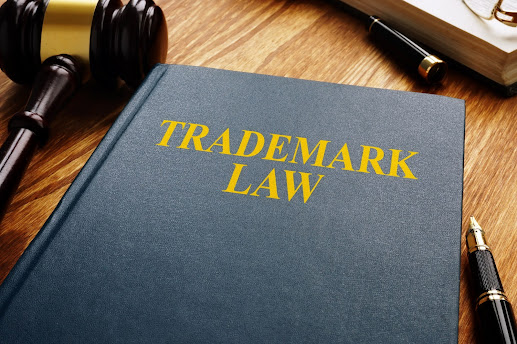Nicki Minaj, Tracy Chapman settle copyright dispute

Music fans in Houston may recognize singer Tracy Chapman’s 1988 song, “Baby Can I Hold You.” Thus, they may be interested to hear that a copyright dispute between Chapman and rapper Nicki Minaj regarding the use of that song has recently been settled. The settlement In the settlement, Minaj will voluntarily pay Chapman $450,000, per public court documents. At issue was Minaj’s use of the song in her leaked track, “Sorry.” The settlement amount includes all costs and fees related to the case. There will not be a subsequent trial. Chapman’s original claim Chapman first filed a copyright infringement claim in October 2018 claiming Minaj’s track used her lyrics and vocal melody. While the track at issue was not included in Minaj’s 2018 album “Queen,” Chapman claimed that Minaj gave the track to a New York disc jockey who played it on the radio and also posted the song on social media. It is noteworthy that, despite the voluntary settlement, the judge presiding over this claim stated
